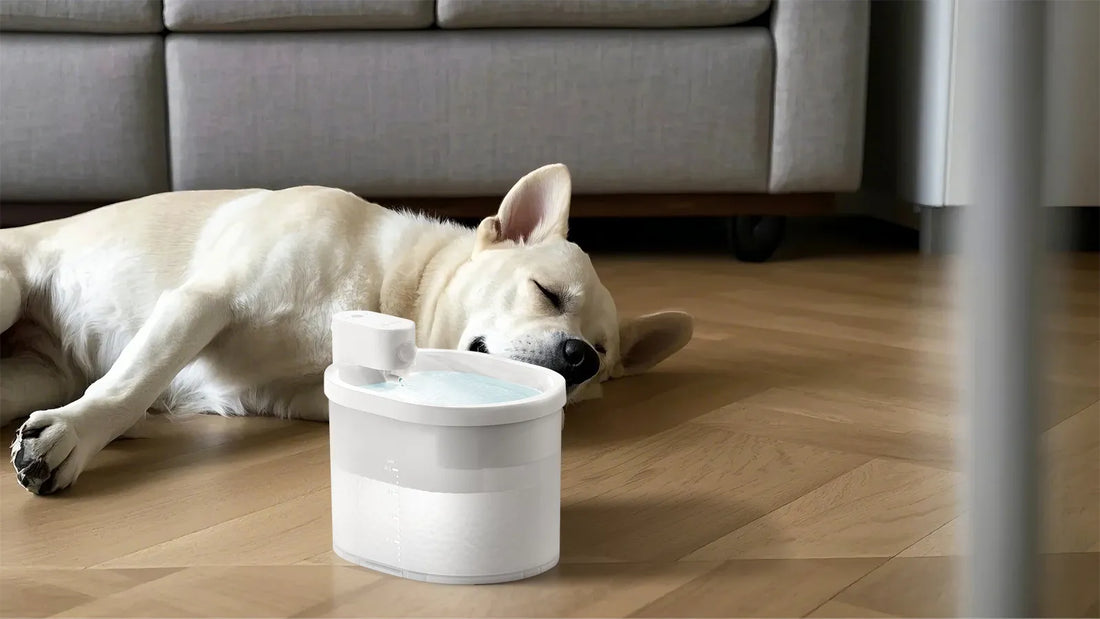Have you ever noticed that your dog smells worse after a bath? It’s a common concern among pet owners, and the reasons behind it might surprise you. While baths are meant to freshen up your furry friend, sometimes they can have the opposite effect. Let’s dive into the science and practical tips to understand why this happens and how you can keep your dog smelling great.
The Science Behind the Smell
Dogs have a unique skin and coat structure that differs significantly from humans. Their skin produces natural oils that help protect and moisturize their coat. When you bathe your dog, these oils can be stripped away, especially if you use harsh shampoos or bathe them too frequently. This can lead to dry skin, which may cause your dog’s body to produce even more oils to compensate. The excess oil can mix with dirt and bacteria, creating an unpleasant odor.
Water Quality Matters
The quality of the water you use to bathe your dog can also play a role in how they smell afterward. Hard water, which contains high levels of minerals like calcium and magnesium, can leave a residue on your dog’s coat. This residue can trap dirt and bacteria, leading to a stronger smell. If you suspect your water might be the culprit, consider using a water softener or rinsing your dog with filtered water.
Shampoo Selection
Not all shampoos are created equal, and using the wrong one can make your dog smell worse. Some shampoos contain fragrances that mask odors temporarily but don’t address the root cause. Others may be too harsh and strip away too much of your dog’s natural oils. Opt for a gentle, pH-balanced shampoo designed specifically for dogs, and avoid over-washing to maintain their natural oil balance.
Improper Drying Techniques
How you dry your dog after a bath can also impact their smell. If you leave your dog damp or don’t dry them thoroughly, moisture can get trapped in their coat. This creates a breeding ground for bacteria and yeast, which can lead to a musty or unpleasant odor. Use a clean, dry towel to thoroughly dry your dog, and consider using a blow dryer on a cool setting if your dog tolerates it.
Underlying Health Issues
Sometimes, a bad smell after a bath can be a sign of an underlying health issue. Skin infections, ear infections, or dental problems can all contribute to unpleasant odors. If your dog’s smell persists despite proper bathing and drying techniques, it’s a good idea to consult your veterinarian. They can help identify any potential health concerns and recommend appropriate treatment.
Environmental Factors
Your dog’s environment can also play a role in how they smell after a bath. If your dog spends a lot of time outdoors, they may roll in dirt, grass, or other substances that can cling to their coat. Even after a bath, some of these particles may remain, especially if they’ve worked their way deep into the fur. Regular grooming and brushing can help remove these particles and keep your dog smelling fresh.
Diet and Digestion
Believe it or not, your dog’s diet can also affect how they smell. Certain foods can lead to digestive issues or skin problems, both of which can contribute to an unpleasant odor. If you suspect your dog’s diet might be the cause, consider switching to a high-quality, easily digestible food. Always consult your veterinarian before making any significant changes to your dog’s diet.
Grooming Habits
Regular grooming is essential for keeping your dog smelling fresh. Brushing your dog’s coat helps remove dirt, dead hair, and excess oils that can contribute to odor. Additionally, keeping your dog’s ears clean and their teeth brushed can prevent infections that might cause bad smells. Establish a consistent grooming routine to keep your dog looking and smelling their best.
Frequency of Baths
While it’s important to keep your dog clean, bathing them too frequently can do more harm than good. Over-bathing can strip away their natural oils, leading to dry skin and an overproduction of oils. This can create a cycle where your dog smells worse after each bath. Most dogs only need a bath once every 4-6 weeks, but this can vary depending on their breed, activity level, and lifestyle.
Natural Remedies
If you’re looking for a natural way to keep your dog smelling fresh, consider using baking soda or apple cider vinegar. Baking soda can be sprinkled on your dog’s coat and brushed out to neutralize odors, while apple cider vinegar can be diluted with water and used as a rinse to restore the skin’s natural pH balance. Always test these remedies on a small area first to ensure your dog doesn’t have an adverse reaction.
Understanding why your dog smells worse after a bath is the first step toward solving the problem. By paying attention to the products you use, your dog’s grooming routine, and their overall health, you can keep your furry friend smelling fresh and clean. Remember, a little extra care goes a long way in ensuring your dog stays happy and odor-free!













